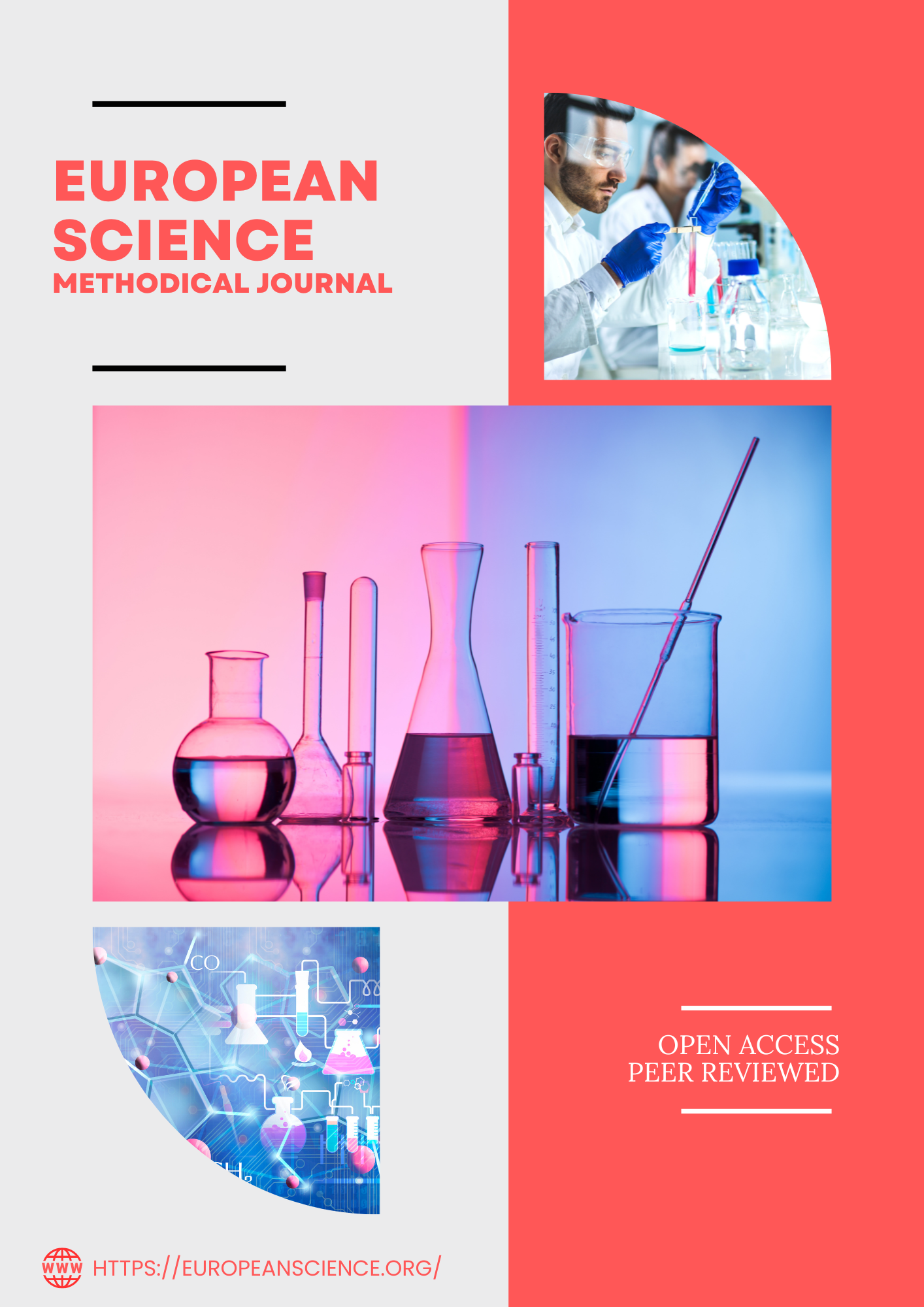MULTIFACETED ASSESSMENT OF METFORMIN'S IMPACT ON CERVICAL CANCER CELL LINES: CYTOTOXICITY, REACTIVE OXYGEN SPECIES MODULATION, AND GENE EXPRESSION
Keywords:
Metformin Cytotoxicity,) Gene Expression, HeLa, PIK3CA/AKT1/mTOR Signaling Pathway.Abstract
Metformin, a widely used anti-diabetic medication, has shown potential anti-cancer effects in various studies. This research aims to comprehensively assess the impact of metformin on different cancer cell lines, focusing on cytotoxicity, modulation of reactive oxygen species (ROS), and gene expression analysis. The study includes HeLa (human cervical cancer), HBL100 (normal human cell), In vitro experiments involved the treatment of cells with metformin at various concentrations, and assessments were conducted after 48 and 72 hours. Cytotoxicity was evaluated using the MTT cell viability assay, revealing a significant dose-dependent decrease in cell survival in HeLa cells. Morphological analysis highlighted metformin-induced cytomorphological changes, including atrophy, irregular shapes, and apoptotic features in HeLa cells. Reactive oxygen species (ROS) assays demonstrated a significant reduction in ROS levels in HeLa cells treated with metformin at a concentration of 130 μM, indicating a potential antioxidant effect. The study also explored the gene expression patterns in HeLa cells exposed to half-lethal concentrations (IC50) of metformin. Results showed a slight increase in PIK3CA gene expression, a significant down-regulation of mTOR gene expression, and a significant up-regulation of AKT1 gene expression, suggesting modulation of the PIK3CA/AKT1/mTOR signaling pathway. This multifaceted assessment provides valuable insights into the diverse effects of metformin on different cancer cell lines, emphasizing its potential as a cytotoxic agent against cervical cancer cells. The findings contribute to understanding the complex mechanisms underlying metformin's anti-cancer properties and may pave the way for further research on its cell- or tissue-specific therapeutic effectsDownloads
Published
2024-04-06
Issue
Section
Articles
License

This work is licensed under a Creative Commons Attribution-NonCommercial 4.0 International License.
How to Cite
MULTIFACETED ASSESSMENT OF METFORMIN’S IMPACT ON CERVICAL CANCER CELL LINES: CYTOTOXICITY, REACTIVE OXYGEN SPECIES MODULATION, AND GENE EXPRESSION. (2024). European Science Methodical Journal, 2(4), 1-14. https://europeanscience.org/index.php/3/article/view/506















